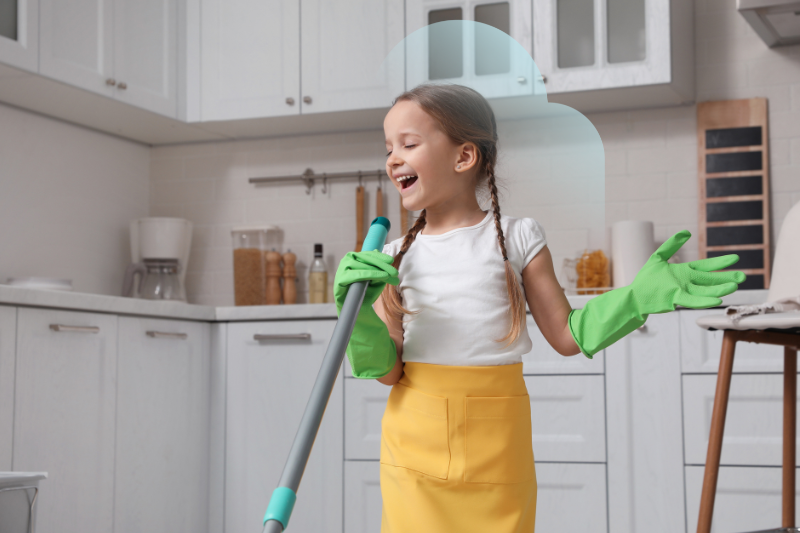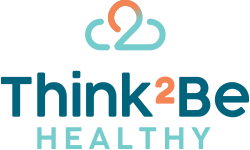“That’s mine! I nicked it!” So declares Timothy Spall’s character, Darren ‘Dabba’ Barrington, in the 2003 dark comedy crime caper, Getting Square. Dabba is a former criminal turned Gold Coast restauranteur whose past has finally caught up with him – the police are digging up his garden and have found his stolen treasure hoard.
In the film, Dabba is something of a lovable rogue but his immense sense of entitlement is evident. The rules don’t apply to him. It’s fine for him to take other people’s stuff – it’s just not fair when the police take it off him!
Many parents worry about unintentionally creating a sense of entitlement in their children. Maybe your kid make a big mess playing with Lego then veges out on the sofa watching TV, clearly expecting that someone else will clear it all up.
Or maybe it’s Christmas morning and your child has barely ripped the wrapping off one gift before they move on to the next. It doesn’t seem to occur to them to pause and thank the giver.
Perhaps it’s the relentless demands for more – new toys and gadgets, bribes, rewards. At some point, almost every parent finds themselves saying something like, “Just be grateful for what you have!”
But what is gratitude? And how do you cultivate it in your child?
What is gratitude?
At its most basic, gratitude means being thankful for the good things in your life. It means seeing and appreciating things you could so easily take for granted.
Professor Robert Emmons spent over a decade studying gratitude. He argues that gratitude has two components:
- An affirmation of goodness: Life may not be perfect but there are still many things to be grateful for
- Recognition of an external source for that goodness: Gratitude involves a humble dependence on others. While we certainly play our part in creating healthy relationships, for example, many good things come to us through other people. Clean water, for example, comes to us thanks to scientific advances and national infrastructure in which we have played no direct part.
What difference does gratitude make?
A big one. Gratitude spreads the love around – imagine how much nicer life would be if everyone expressed their thanks more easily.
After studying more than a thousand people from ages 8-80, Professor Emmons found that people who regularly practised gratitude reported numerous physical, social and psychological benefits.
| Physical benefits | Social benefits | Psychological benefits |
|
|
|
Gratitude as a pathway to resilience
Kids are bound to face some challenges in life. You can’t possibly shield them from every difficulty and nor should you. Instead, you can equip them to respond well to challenging situations.
People with a sense of entitlement tend to try to avoid difficulties or challenges. Resilient people, on the other hand, have the capacity to deal with adversity. Gratitude is an important element of resilience.
Gratitude helps you see the silver linings, even in difficult situations. According to US researchers, gratitude prompts a healthy reframing of negative experiences as positive, encourages adaptive coping in times of stress and is likely to encourage personal growth.
How can you practice gratitude?
Thankfully (see what we did there?), there are countless ways to practice gratitude.
- Start modelling gratitude
- Celebrate the little things
- Notice and talk about the things you and your kids could so easily take for granted – like clean air, running water and reliable internet
- Reframe minor hassles – instead of complaining about being stuck at a red light, be grateful for the way it keeps you safe on the road.
- Have a regular ‘gratitude time’
- At dinner, for example, ask each person to name something they’re grateful for today
- Express your appreciation
- Say ‘thank you’ – to your kids, your spouse, your barista, your boss
- Write ‘thank you’ notes to people who’ve given birthday or Christmas gifts
- Bake cookies or something similar for people who’ve done you favours.
- Start a gratitude journal
- A gratitude journal can be a powerful tool. It’s simply a notebook where you spend a few minutes each day writing down things you’re grateful for. Aim for as much detail as possible. Encourage your kids to do the same (it’s a good chance for them to practice their handwriting too!). You might write something like:
- “I’m grateful for our neighbour, Nancy, who took delivery of a parcel for me today, saving me a trip to the post office.”
- “I’m grateful that Max brought birthday sweets to school today.”
- A gratitude journal can be a powerful tool. It’s simply a notebook where you spend a few minutes each day writing down things you’re grateful for. Aim for as much detail as possible. Encourage your kids to do the same (it’s a good chance for them to practice their handwriting too!). You might write something like:
- Celebrate World Gratitude Day each year on 21 September – join in as a family or encourage your school or childcare centre to participate
How can we help?
At Think2Be Healthy, we love helping to create a better, more grateful world. We’d love you to join our community.
Disclaimer
All information is general and not intended as a substitute for professional advice.
References
Psychology Today, 9 signs your child has entitlement issues, https://www.psychologytoday.com/au/blog/singletons/201511/9-signs-your-child-has-entitlement-issues, [Accessed 27 March 2024]
Greater Good Science Center, Why gratitude is good, https://greatergood.berkeley.edu/article/item/why_gratitude_is_good, [Accessed 27 March 2024]
Kumar SA, Edwards ME, Grandgenett HM, Scherer LL, DiLillo D, Jaffe AE. Does Gratitude Promote Resilience During a Pandemic? An Examination of Mental Health and Positivity at the Onset of COVID-19. J Happiness Stud. 2022;23(7):3463-3483. doi: 10.1007/s10902-022-00554-x. Epub 2022 Jul 14. PMID: 35855779; PMCID: PMC9281297, https://www.ncbi.nlm.nih.gov/pmc/articles/PMC9281297/, [Accessed 27 March 2024]
Children’s Hospital of Orange County, Practising gratitude can benefit kids’ mental health, https://health.choc.org/practicing-gratitude-can-benefit-kids-mental-health/, [Accessed 27 March 2024]
Greater Good Science Center, Gratitude Journal, https://ggia.berkeley.edu/practice/gratitude_journal, [Accessed 27 March 2024]




